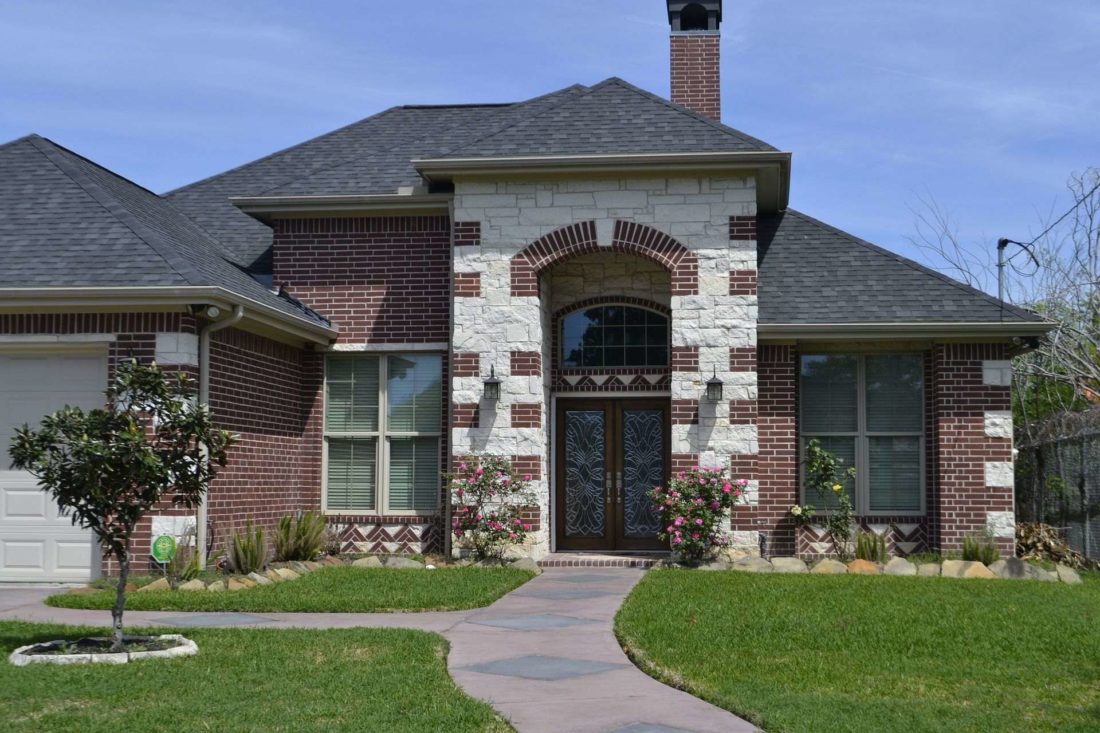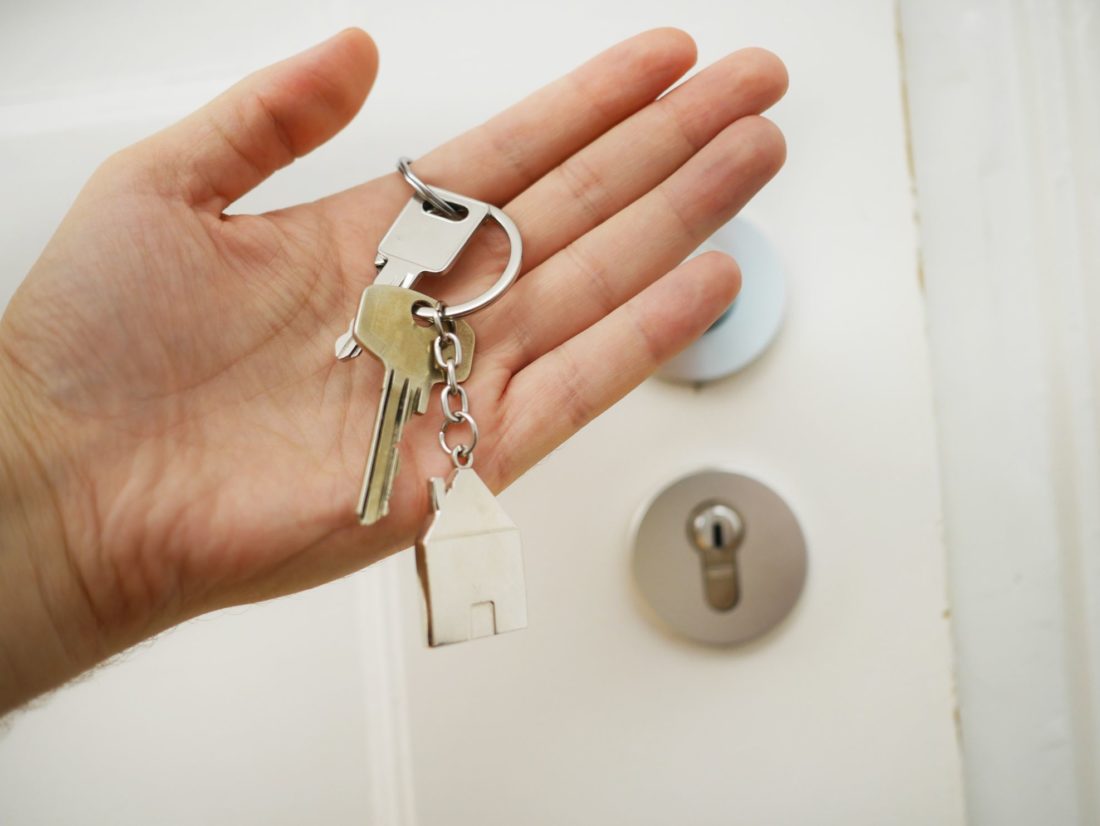In search of a solution to leaving polluted urban jungles, the trend of moving to the suburbs and smaller towns has tremendously increased in the last couple of years. Why do people move to the suburbs? The reasons are different, and there are both pros and cons of doing so. If you want to be sure your decision to move out from the city is the right one, make sure you base it on thorough research and comparisons.


People have different reasons to move. While some choose to relocate due to better job prospects, others move for love. The rising number of people relocating to small towns and communities for a better quality of life has been a trend in a couple of previous years. People are ready to pass miles and undertake cross-country moving in order to meet this aim, fleeing out from the crowded cities, looking for a more tranquil place to live in. As the Census Bureau’s 2019 1-year American Community Survey reveals, millennials aged from 25-39 years are fleeing from major cities like New York, Chicago, and San Francisco, and relocating to states of Arizona, Colorado, Texas, and Washington.
What Drives the Move to the Suburbs From Cities, and What City Is the Most Popular Among Millennials When Moving?
According to the Cowen Investment Management Company research, 48% of millennials move to the suburbs due to better prospects of buying a house. Also, it is noticeable that millennials choose states that have no state income taxes, and for that reason, some of their most common choices are:
- Seattle, Washington – 34% of the city’s population are millennials,
- Austin, Texas – 31% of the city’s population are millennials,
- Frisco, Texas – 19% of the population are millennials,
- Henderson, Nevada, – 20% of the city’s population are millennials,
- Cape Coral, Florida – 18% of the city’s population are millennials.


Think of These Benefits When Deciding Whether to Set a Home In the Suburban
Deciding where to live is never an easy process. It entails too many details to be resolved before making a final decision that could take months or years until you’re completely sure what to do. Knowing all the benefits of relocating to suburbia before you start to organize your move is of great importance. Having all advantages listed in one place can definitely help you decide easier, so here they come!
Buying a Real Estate in Suburbia Is More Certain Due to Lower Prices
Suburban areas are known for lower property prices, which automatically means there are greater prospects for buying real estate. Moreover, aside from a better price, you’ll also get larger square footage, so buying the real estate here will provide you with a double win!
Larger Square Footage Means Greater Comfort and Privacy
Life in small apartments usually implies cluttered spaces with too many things, followed by traffic noise and lack of fresh air. All that can increase your chances of feeling anxious. Once you choose to live in a bigger house and buy a property with its own private yard and garden, things will incredibly change in your favor.
More bedrooms, larger open space, the possibility to invite friends and family to visit you, or throwing a party are definitely factors that justify your wish to have your property.
Greater Safety Is Also Major Characteristics of Suburbia Places
Lower crime rates are something to expect away from the urban area due to lower density, less migration of residents, and a higher percentage of homeowners. All these factors combine to provide greater safety, making it a perfect spot for families and all others who consider this necessary. Also, when speaking of safety in a broader meaning, suburbia has the advantage of less traffic, wider sidewalks, and even bike trails, meaning it’s safe in every aspect.
Family-Friendly Neighborhoods and Quality Schools Are Main Reasons Why Families Choose Suburbia to Set their Home
When relocating with kids, you’ll have a completely different set of standards when it comes to important area characteristics. Vicinity to daycare, quality schools, and all other amenities intended for the development of their talents will be of the utmost importance when choosing a place to set a home. For that reason, exploring the best cities in America to raise a family is a must-do if you want to provide the best education possible for your kids and also easy ways to organize their activities.
Suburbia Provide Lush Natural Surroundings and Healthier Lifestyle
Plenty of parks, green spots, a lot of outdoor activities, and many other natural landscape features are other benefits that suburbia provides to its residents. If you’re an outdoor lover, then you should choose some of the best outdoor towns and enjoy all that tracking, biking, and hiking trails, vicinity to natural beauties like lakes, or any other activity you really want to try. Also, if you’re relocating with pets, this vicinity to parks and other greenery will be another benefit of non-urban areas.
This way, suburbia will provide you with opportunities to develop some healthier lifestyle choices – recreation outdoors in the fresh air and more activity, which will improve not only your physical but mental health too.


What Are the Disadvantages of Living in the Suburbs? There Are Cons Too
Every coin has two sides. Although there are great benefits of choosing to live in non-urban places, there are also some disadvantages you should be aware of before deciding to set a new home in such a location. Here are a few milestones that could affect your final choice.
Potential Salary Cut Is the Greatest Downside of Living Out of the City
Having a home in suburban areas means more time is needed to get to your workplace, and more time is spent in traffic, which automatically increases the transportation costs. For this reason, many people whose companies allow this option choose to work from home.
However, although the companies provide this option, they are also cutting the salaries, so if you go for this option, you can expect the salary offer to decrease from 8-20% compared to a basic one. Still, for the 44% of professionals, a salary cut is pretty acceptable if this will provide them with more free moments, reduced costs of living, and higher quality of life overall.
Another Thing to Expect When Choosing to Live in a House are Higher Maintenance Costs
Owning a bigger house means higher maintenance costs. And this is especially true when it comes to the comparison with renting an apartment where all expenses are shared. Having your own house and being responsible for the maintenance of the whole property in financial terms is not always easy.
The expected expenses when owning a property are:
- Annual property taxes,
- Landscaping – snow removal or lawn care,
- Higher utility bills like water, sewer, electricity, heat, trash removal, due to larger square footage,
- Outlays related to maintenance of the house exterior – roofs, patio, sidewalks, painting, or pool,
- Monthly mortgage expense,
- Insurance,
- Repairs and general maintenance.
According to the Go Banking Rates, the average cost of single house maintenance on a yearly basis amounts to $14,448. On the other hand, the condominium fee, depending on the size of the property, ranges from $50 to $1,000 every month.
Longer Commute Time Might Be the Greatest Con of Living in Suburbs
Located far from the downtown and office mean you will spend more time in traffic trying to reach the other part of the town. That can be inconvenient, so choosing the city with the best public transportation, or considering to use the car are two possibilities to shorten the time spent in the drive.
Still, using a car will increase the monthly living costs in terms of oil, gas, and general maintenance. It will also imply you should organize and learn how car shipping works and find a reliable cross-country moving company to provide you with auto transport services. So, don’t forget to think about those costs either when it comes to relocating there.
After all said, when choosing the next place to live in, this might be the most decisive factor of all. For that reason, you have to think long-term and decide whether those conditions are acceptable to you or they will cause you additional stress when it comes to your daily routines. And if you want to find out more about all the pros and cons of suburbia vs. metropolitan lifestyle, make sure to take a look at the video below!
Is Living in the City Better Than the Suburbs?
After this detailed comparison is presented, the answer to the dilemma of should we move to the suburbs or is life in the urban core better is nearer. Still, although both have pros and cons, there is no universal answer to this question.
The final decision will depend on your personal preferences, needs, expectations, and lifestyle, which is unique. If you feel exhausted from the urban, bustling, and stressful lifestyle, moving from the city to the suburbs is definitely something you should try. On the other hand, if you like to be in the center of events, close to major sights and entertainment, choosing a city-based life is definitely a better option for you. Making a list of all pros and cons will be the most effective way to see what suits you better in practical terms, so don’t postpone creating one.


How to Organize Long-Distance Moving When Relocating Out of the Big City to Suburbia?
Relocating miles away from your initial destination can be a piece of cake if you have the right support of a long-distance moving company, which can provide you with all necessary long-distance moving services. The crucial step of facilitating the whole process of relocating to a new state is to schedule cross-country moving services in advance.
Whether you need packing services or any other similar assistance, just make sure to stay away from last-minute deals. This way, not only will your relocating budget be saved from unnecessary costs, but you’ll be provided with enough time to create a packing strategy for relocating and succeed in moving efficiently and quickly to the new address.
Some of the essential preparatory steps every relocation implies are related to doing a home inventory, creating a detailed packing schedule for relocating, and also forming a relocation expenses checklist. So, before you start to tackle all these tasks, ensure to choose the right long-distance movers, compare relocating quotes, and book your relocation date.







